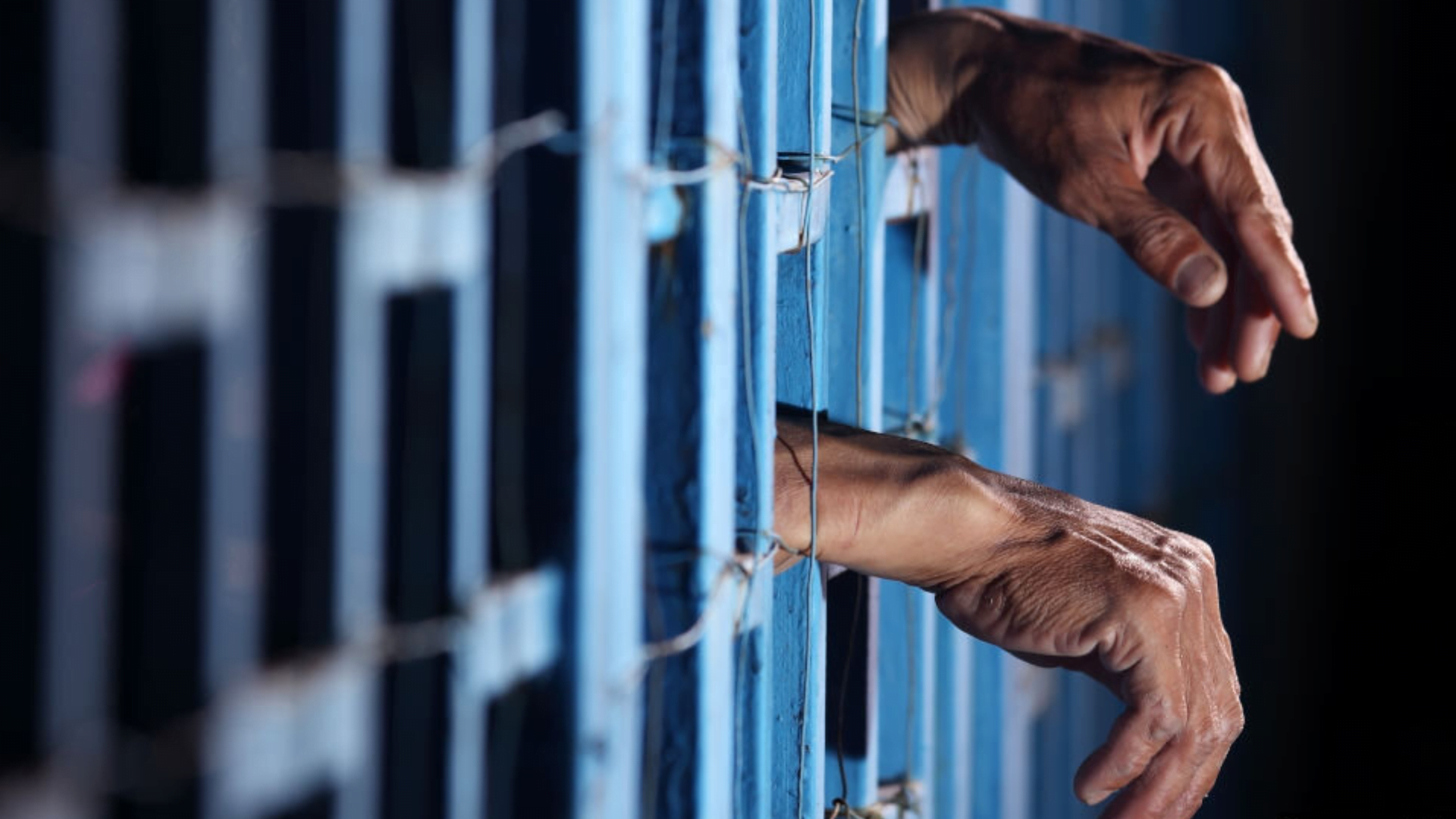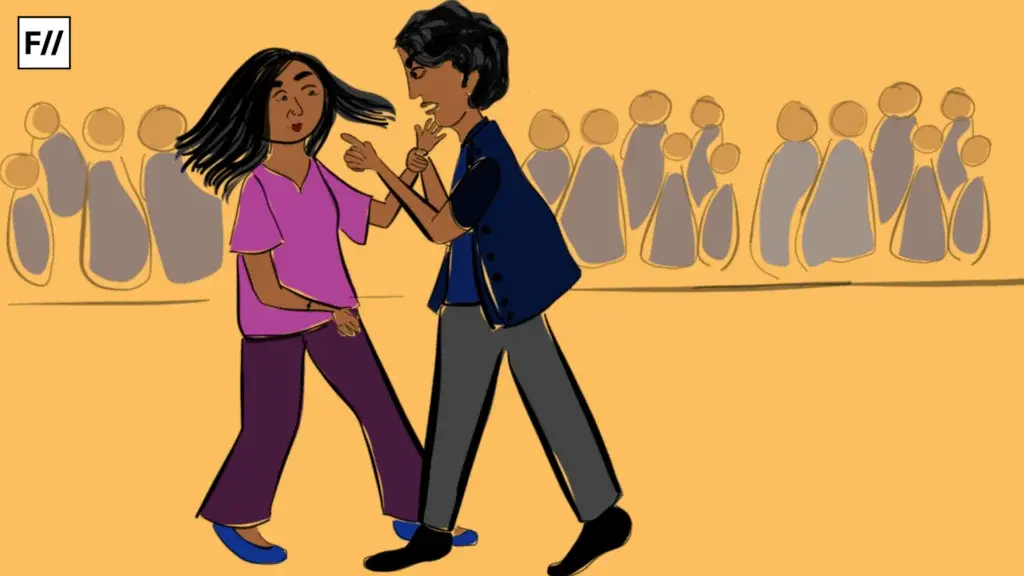In answer to a parliamentary question in the Lok Sabha in the ongoing Monsoon session of the Parliament, the government informed that as per information from the National Human Rights Commission (NHRC), the custodial death cases in the country had seen a massive jump from 1940 in 2020-21 to 2544 in 2021-22 — an approximate 31 per cent increase on a year-over-year basis, with the maximum deaths happening in Uttar Pradesh.
During the same time span, deaths in police encounter cases almost doubled from 82 to 151. It is pertinent to note that the rule of law is the foundation of a just and democratic society with a fair and effective criminal justice system in which the police play a central role. The police are the most recognisable face of the State. The sheer range of the duties and tasks assigned to them requires both adequate and modern infrastructure, as well as sensitive and well-trained personnel.
During the same time span, deaths in police encounter cases almost doubled from 82 to 151. It is pertinent to note that the rule of law is the foundation of a just and democratic society with a fair and effective criminal justice system in which the police play a central role. The police are the most recognisable face of the State. The sheer range of the duties and tasks assigned to them requires both adequate and modern infrastructure, as well as sensitive and well-trained personnel.
It is essential to build the capacities of our police persons for not only upholding the law but also in constitutional conduct and compassionate handling of crises involving all sections of citizens. In our vision for the future, India aspires to be an economic superpower ensuring prosperity for all its citizens. However, India’s future as a democracy and an economic powerhouse cannot be achieved by an obsolete criminal justice system.
In a just and democratic setup, it is pertinent to make the police cognizant of their rights and responsibilities so as to cater to the emerging needs of new India.
In 2020, the death of Mr. Jayaraj and his son Mr. Fenix in police custody was a chilling reminder of the gross abuse of power and the brutality of custodial torture that sent shock waves across the country. Violation of human rights has become quite common in our country today.
It is essential to build the capacities of our police persons for not only upholding the law but also in constitutional conduct and compassionate handling of crises involving all sections of citizens. In our vision for the future, India aspires to be an economic superpower ensuring prosperity for all its citizens. However, India’s future as a democracy and an economic powerhouse cannot be achieved by an obsolete criminal justice system.
Repeated media reports have emerged over the last few years of police exceeding their powers and taking the law into their own hands — be it extrajudicial encounters, targeting journalists or targeting students who dissent against the government’s policies and during the COVID-19 pandemic, harassment of the public under the pretext of enforcing the lockdown.
At present, the Victorian-era legislation, the ‘Indian Police Act of 1861,’ governs the police. However, the legislation is silent on disciplining the police in the administration of its duties.
“As per the ‘Status of Policing in India Report – 2019′, 2 out of 5 police personnel surveyed in Bihar and 1 out of 5 in six other states, had never received Human Rights training.”
Without adequate training, most police personnel do not understand the fine line between maintaining public order and exercising authority towards under-trials and convicted criminals.
Practices around the world
The police fraternity is commonly known as one of the most corrupt governmental institutions.
The cases of Norway, Germany and Spain highlight how determined police administrations, continuous political commitment, and an anti-corruption framework taking into consideration the public, private and civil society sectors have the potential to make a huge difference in anti-corruption reform efforts.
Police forces in Finland and Norway, for example, require the officers to seek permission before shooting anyone, wherever possible. Police are required to provide verbal cautions and warning shots before resorting to deadly force in Spain. Even in circumstances where no weapons are used, police officers in Europe are directed to be more restricted in what they can do.
In Germany, police recruits undergo 2.5-4 years of basic training to become an officer, with the option to pursue the equivalent of a Bachelor’s or Master’s degree in policing. In the case of Hong Kong, structural reforms along with legal and regulatory checks and balances are put in place to ensure disciplinary measures on officers guilty of offences.
International Convention against torture
Every episode of custodial death in India is a reminder of why India must ratify the Convention against torture. The UN Convention against torture and other cruel, inhuman or degrading treatment or punishment was adopted as a resolution on 10th December 1984 and came into force on 26th June 1987.
It is an international human rights treaty which is aimed to prevent torture and other acts of cruel, inhuman or degrading treatment around the world. India is positioned behind 161 nations, including Pakistan, as it is yet to ratify the 30-year-old Convention. India is placed with a unique list of nine countries, along with Sudan, Brunei, Bahamas, Sao Tome and Principe, Angola, Comoros, Gambia and Palau, which haven’t yet ratified the Convention.
Conclusion
A multi-pronged approach toward police anti-corruption is the need of the hour. Firstly, it is imperative to create an institutional structure that discourages rent-seeking behaviour by the police. Secondly, the development of a values-based framework within the police force should be facilitated for the creation of a corruption-free organisational setup.
In particular, emphasis should be placed on professionalism, integrity and honesty so as to establish a service-oriented police culture. Thirdly, the high degree of fairness and predictability in determining the pay and benefits of police force personnel should be considered as a factor in discouraging police corruption. Lastly, an adequate and effective mechanism should be put in place to fight any excesses of police authority.
Due to a lack of reforms, lack of accountability and the habit of using force, fear and intimidation, the police force in India has become untameable. There is a need for stringent reforms and strict monitoring agencies to check the alarming increase in the number of cases of atrocities by men in uniform.
Strict punishment needs to be imposed on the excess use of power by the police if we want to reinstate the public’s faith in the police and the law. We live in a democracy and not some feudal monarchy or a police state. The fear of the police must not be more than the fear of lawlessness itself.
Also read: How The Indian Policing System Suppresses Women Police Officers
Jameela Sahiba is a lawyer by profession and works in the public policy space.
Featured image source: IndiaSpend





This article is backed by factual and statistical rhetoric. As it takes upon specific individual cases, the article is very well rounded in addressing all the issues concerned with the topic of custodial deaths in India. It also looks at international policies to give us a better perspective on the issue at hand. The article is very well structured and easy to understand.